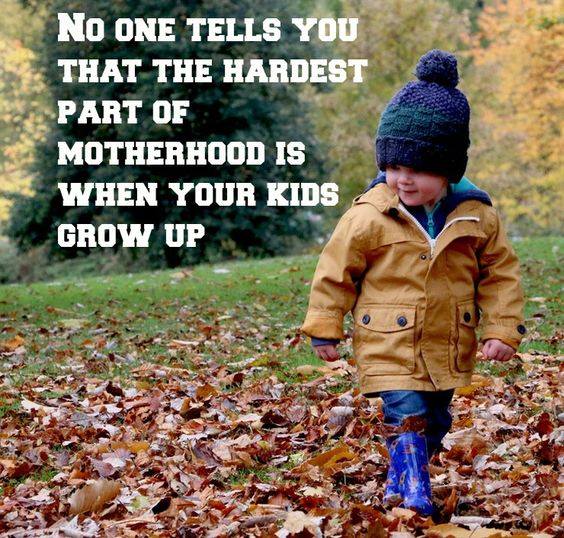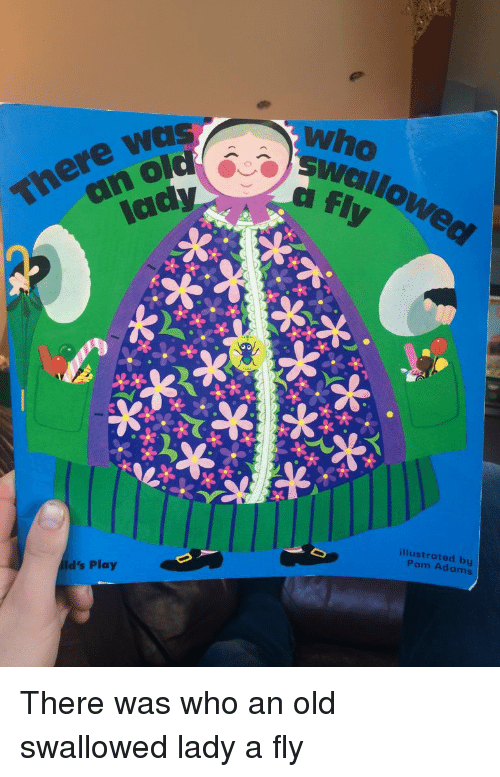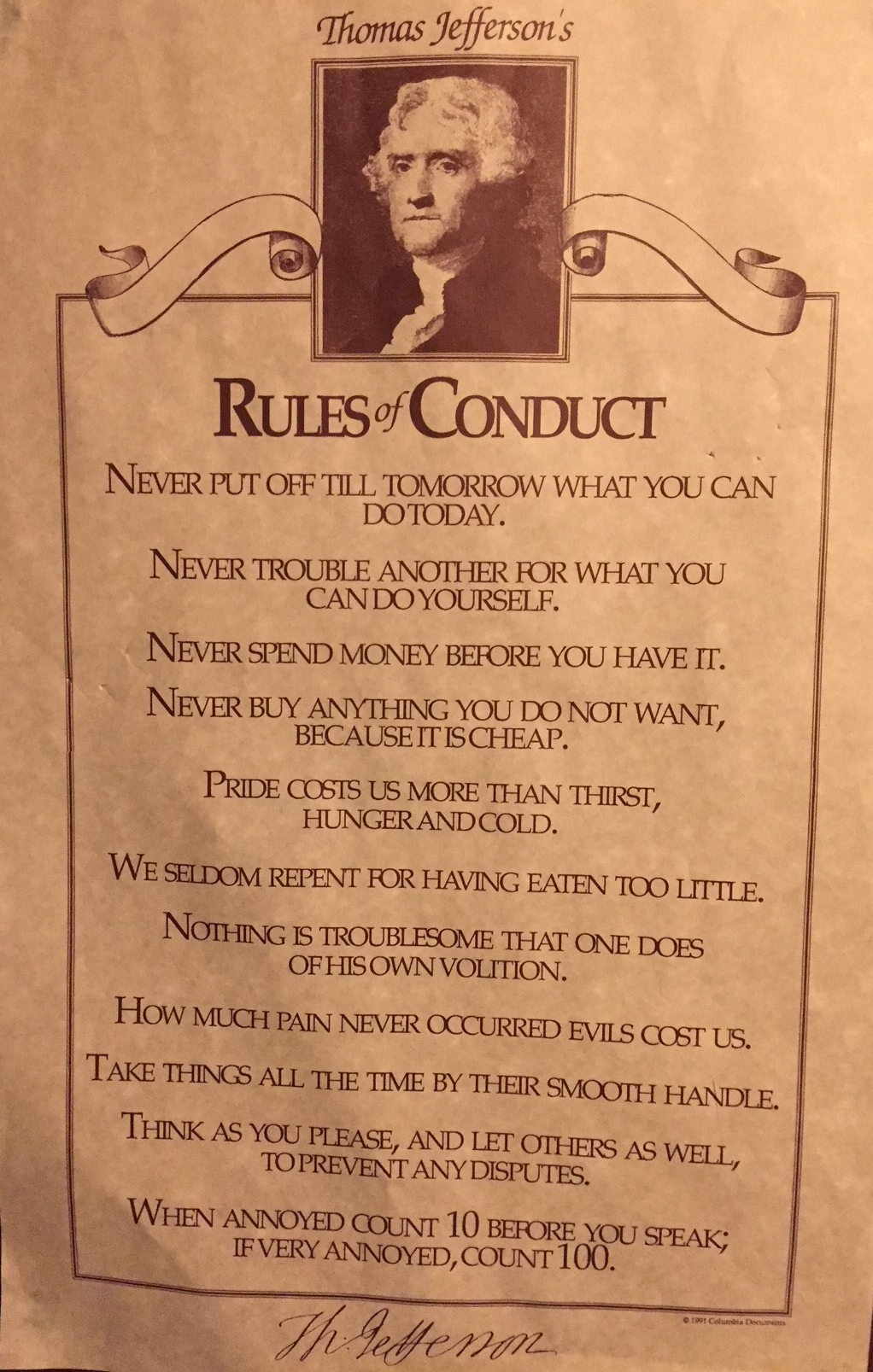It had been a rough day. There had been a few disappointments. Behavior was not typical and then he snapped. He started yelling and then crying. Okay, I’ll be honest it was not just the child misbehaving. It was me. I was so frustrated and so stressed.
I’ll bet everyone can relate. Everyone has a tipping point where their behavior crosses from acceptable to unacceptable. If adults get overwhelmed and sometimes drown in their emotions, then an immature toddler or child having a meltdown is understandable. It may not be completely acceptable for either. Both need to learn better responses. Adults, it is our task to explore and discover the better responses for ourselves and our children.
One common meltdown that children experience is the “after-event” meltdown. This is the feeling of disappointment and adjustment after a big event such as a holiday, vacation, or a visit to a grandparent’s home. Adults experience this feeling as the Monday morning back to work blues. Kids experience this too but may not be able to identify it or understand it. These types of events are often anticipated with great build up of expectations and enthusiasm. Whether the expectations are met or not, when it is all over it is all over.
Some ideas for what to do after an event:
- Discuss the feelings of the event ending and try to identify them.
- Discuss the event. What did you like? Was there anything you didn’t enjoy?
- Extend the event by drawing a picture of it or writing a letter to a host or calling someone to talk about it.
- Talk about the good things you enjoy in day to day living.
- Talk about the next event.
- Hug
- Laugh
- Take a walk or a run or a bike ride to expend physical energy and get fresh air.
- Look at photos from the event. Don’t look just on your little phone screen. Try casting them onto your big TV screen.
We are all unique. I love variety and flexibility and my husband thrives with routine. After every vacation he says “it will be good to get back to our normal eating and sleeping schedule.” Some people are loud when angry and some withdraw and become quiet. Some need a hug and some need isolation. Study your child. Ask the Lord to give you insight into their true needs and how best you can guide, direct, and nurture them.
It is almost Christmas and that means Dec. 26th (the after-event) is coming. Prepare for both.














 Also, I look back with wiser perspective at my own parents and am amazed at the extraordinary job they did at parenting and juggling two full time careers. My mom chose to work the third shift so that either she or my dad were always at home with us. They were incredibly sacrificial parents. I wonder when she slept.
Also, I look back with wiser perspective at my own parents and am amazed at the extraordinary job they did at parenting and juggling two full time careers. My mom chose to work the third shift so that either she or my dad were always at home with us. They were incredibly sacrificial parents. I wonder when she slept.


 I can even procrastinate at writing, which I love and do all the time. I have written daily in a journal since 1984 but there are days I don’t want to do it. I also write Bible study lessons, communion meditations, sermons, and this blog. I write a lot. Yet I often postpone working on one of these by addressing a smaller or easier assignment.
I can even procrastinate at writing, which I love and do all the time. I have written daily in a journal since 1984 but there are days I don’t want to do it. I also write Bible study lessons, communion meditations, sermons, and this blog. I write a lot. Yet I often postpone working on one of these by addressing a smaller or easier assignment.